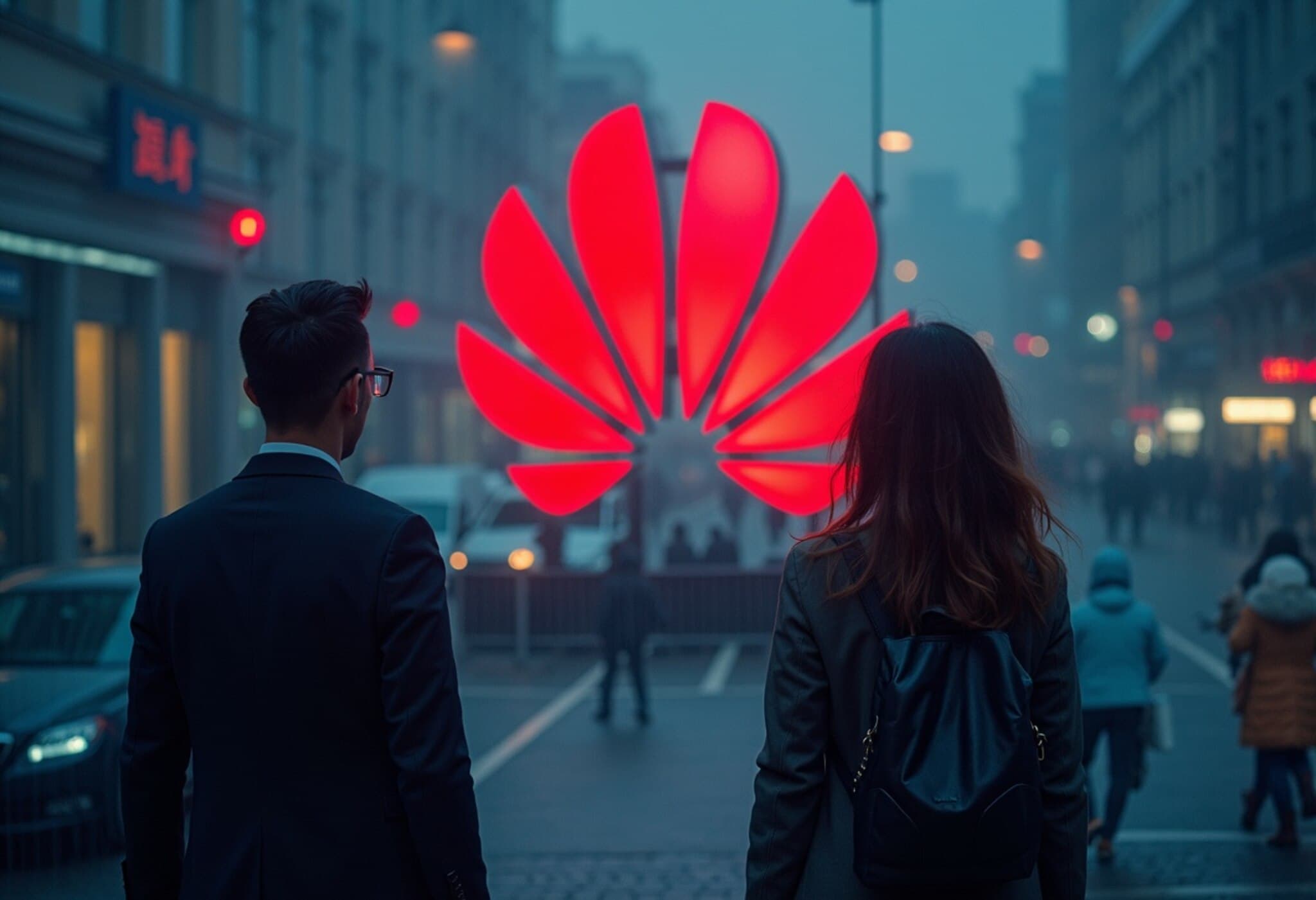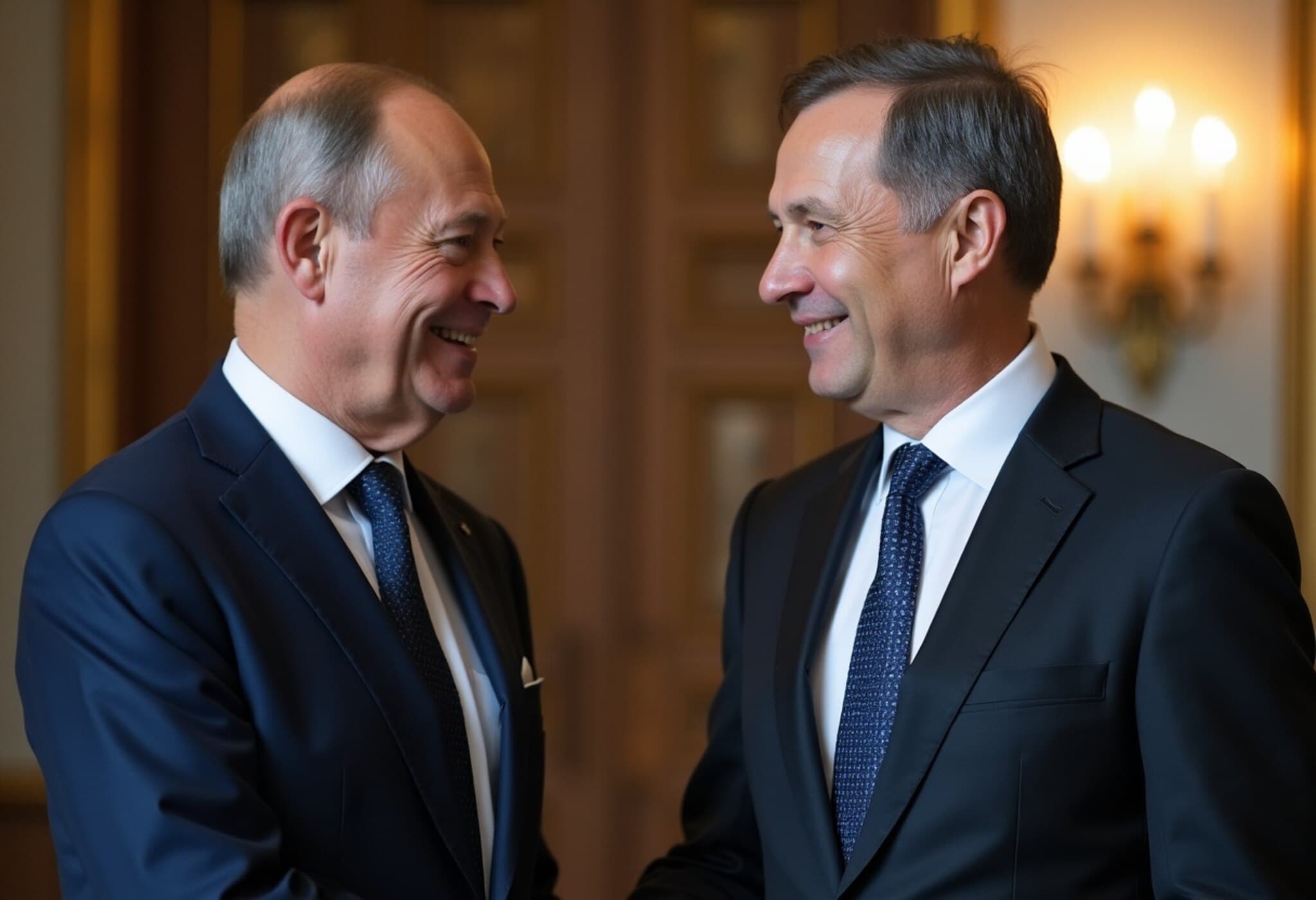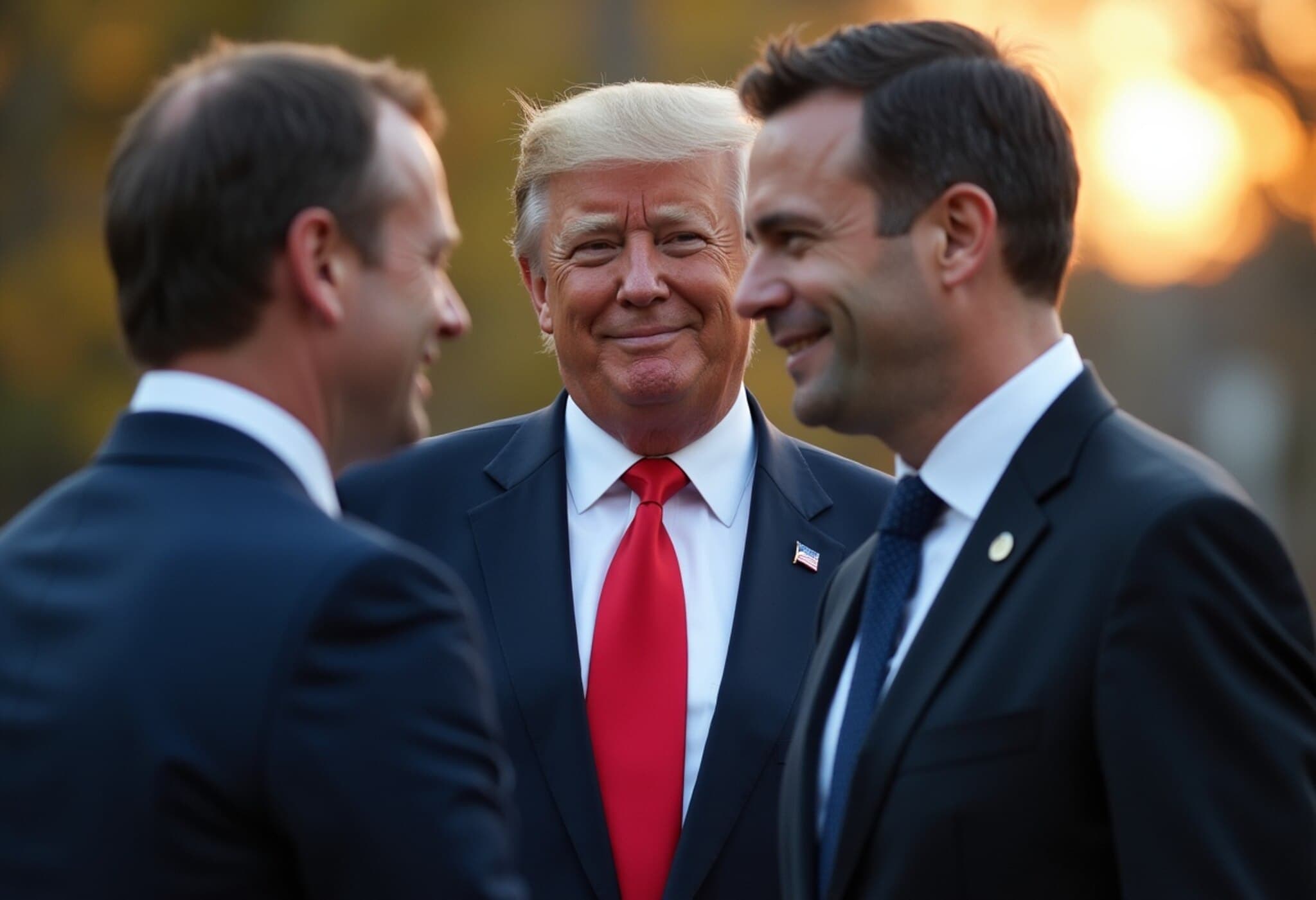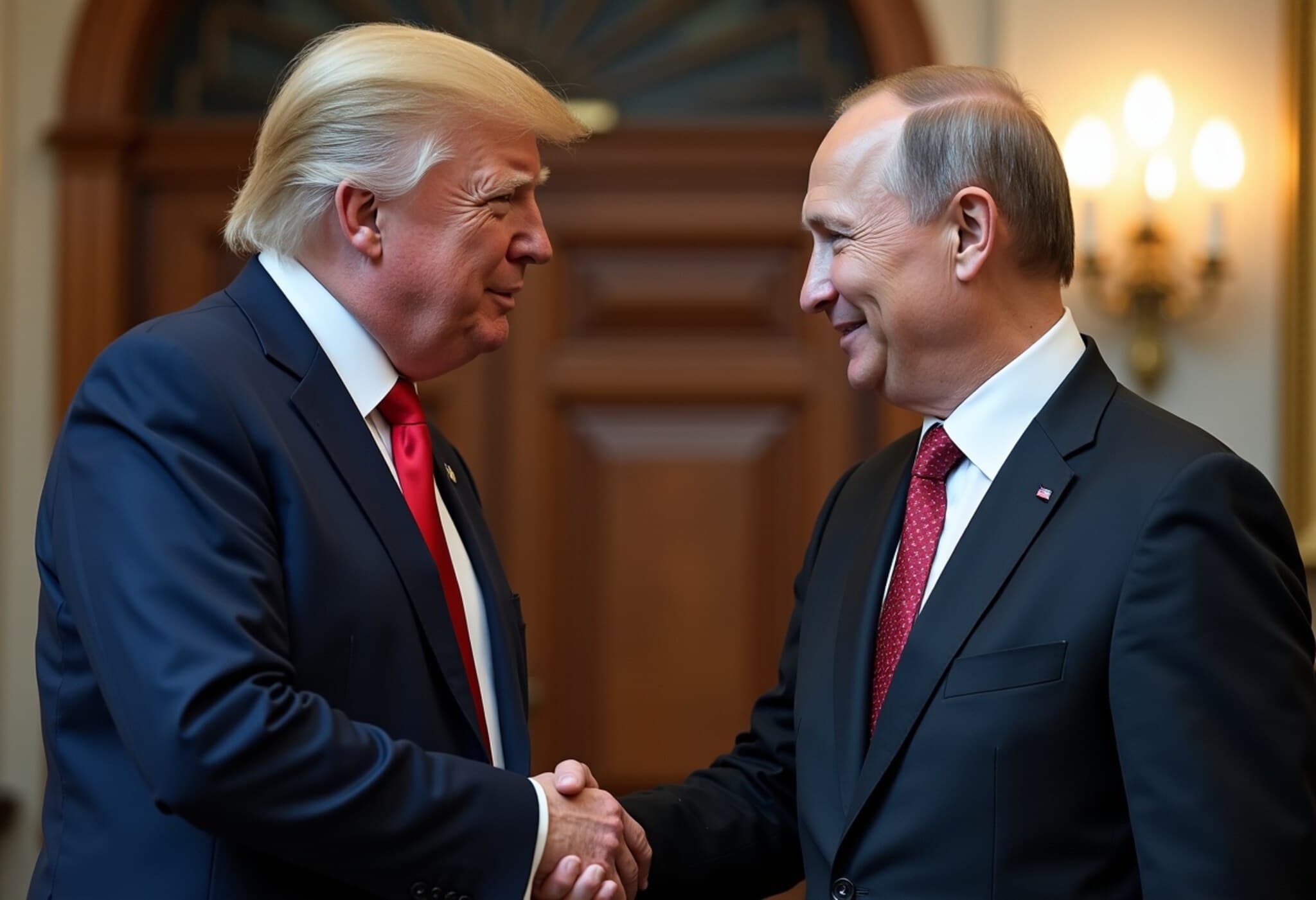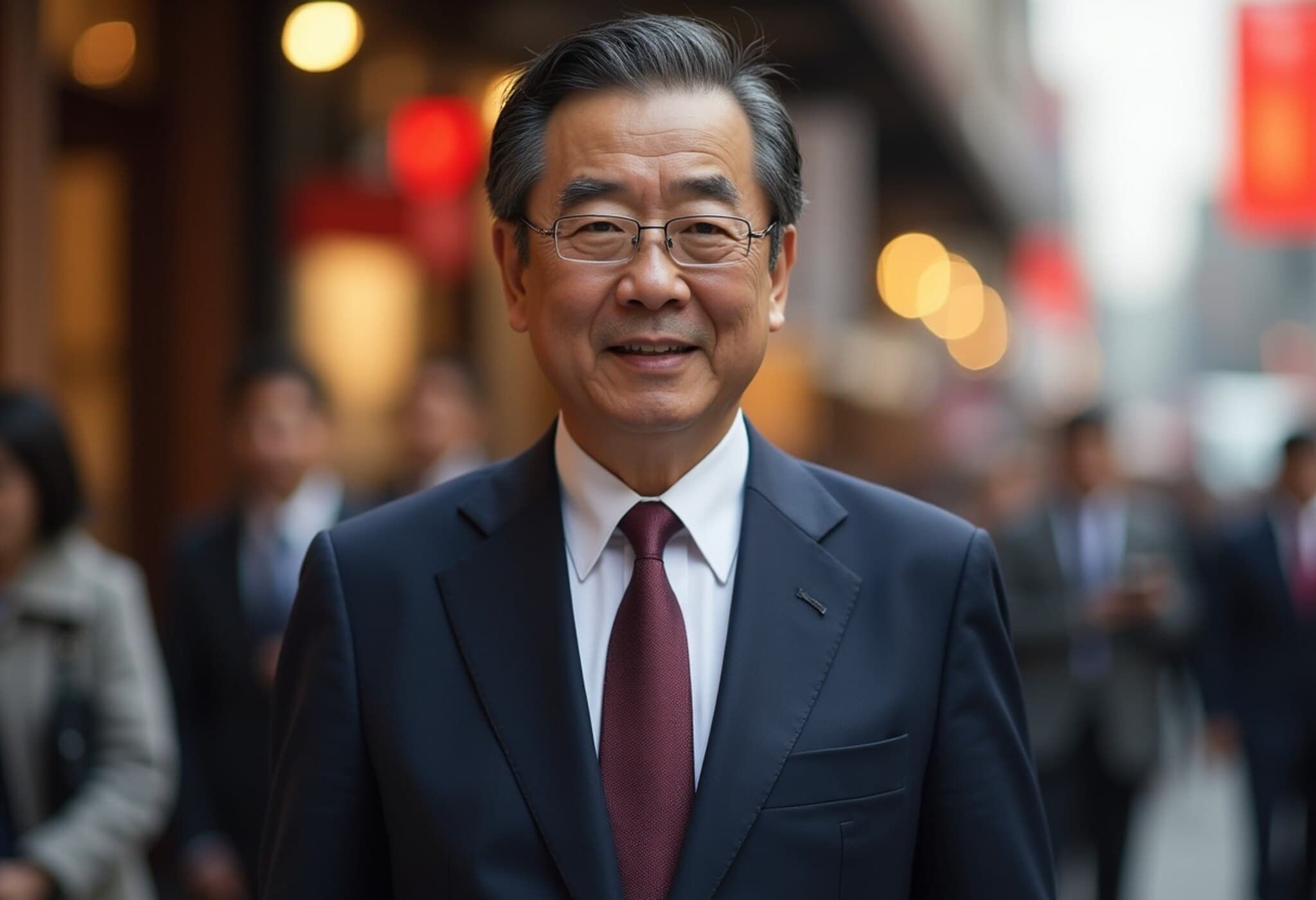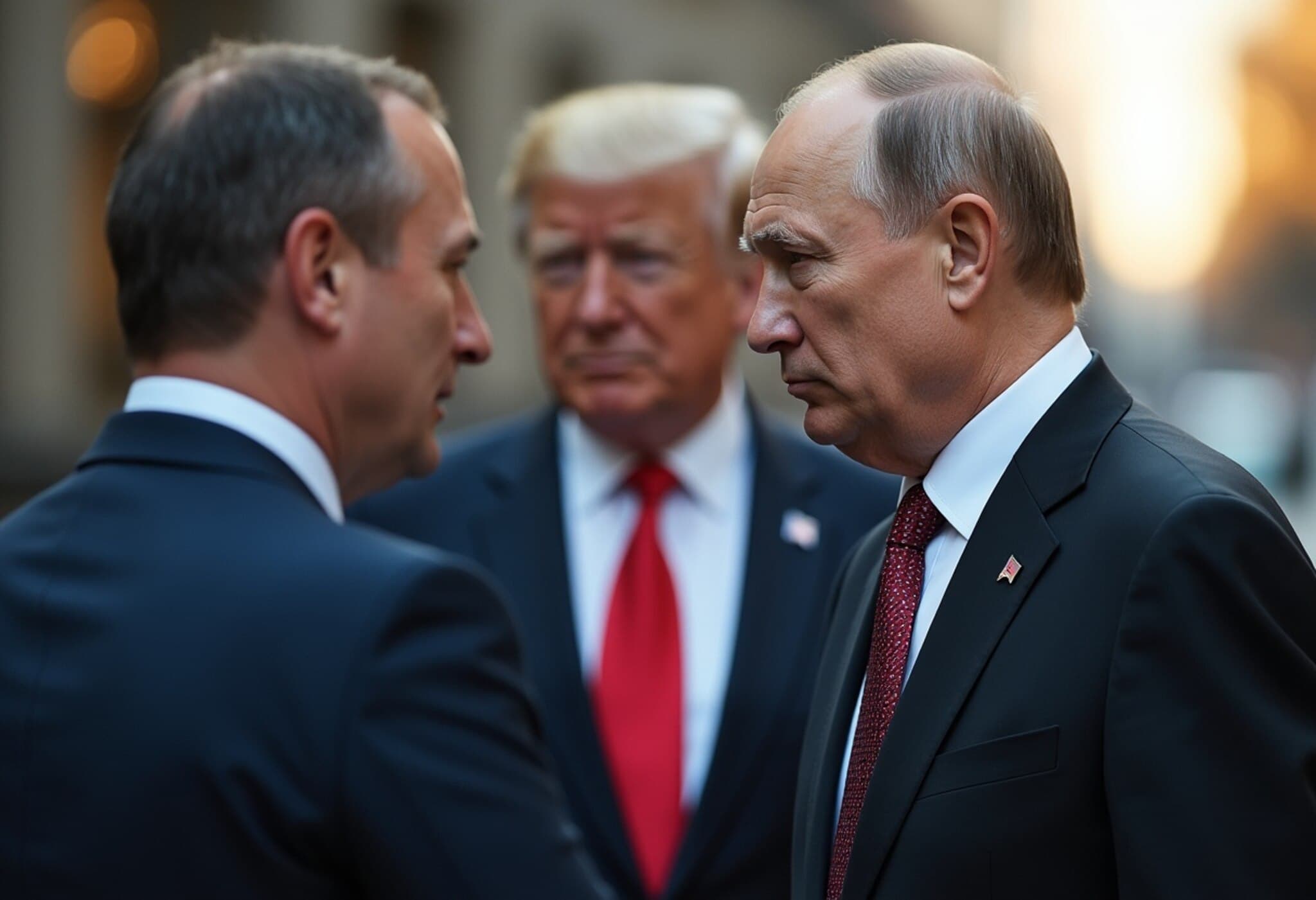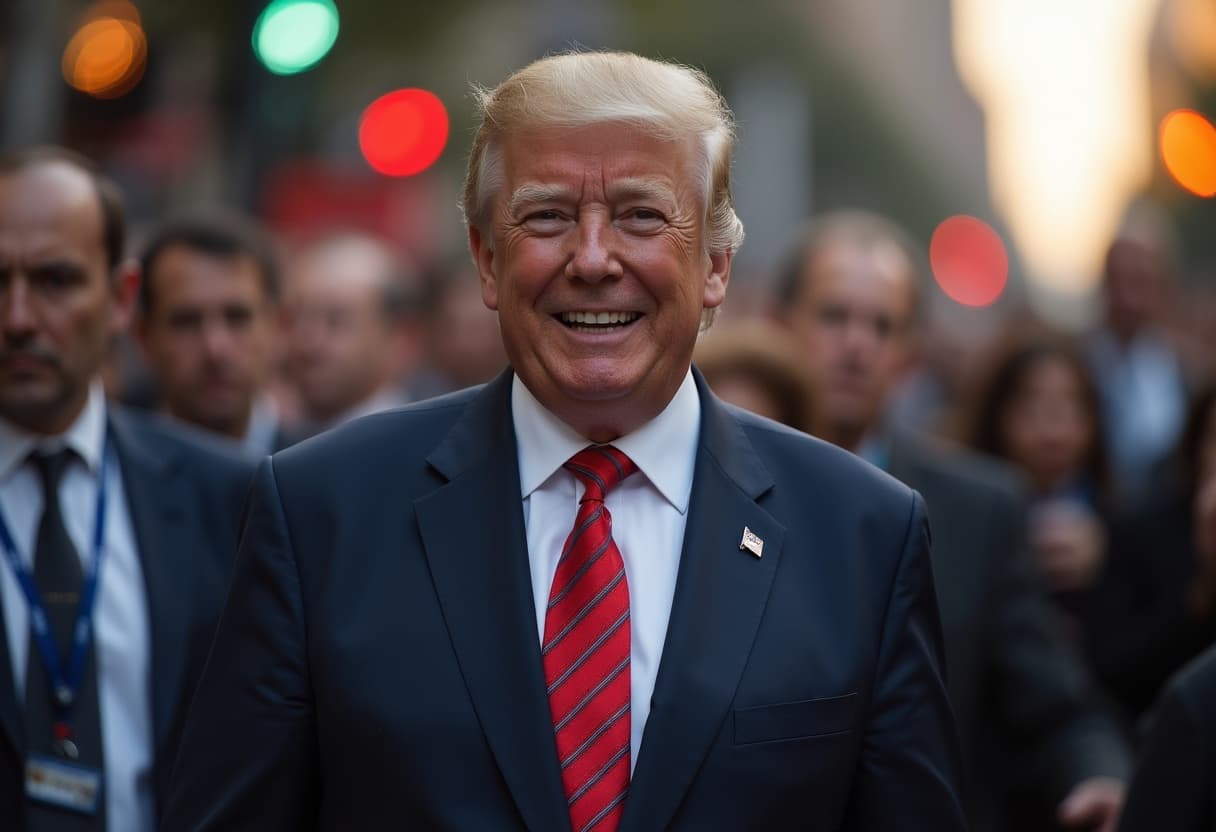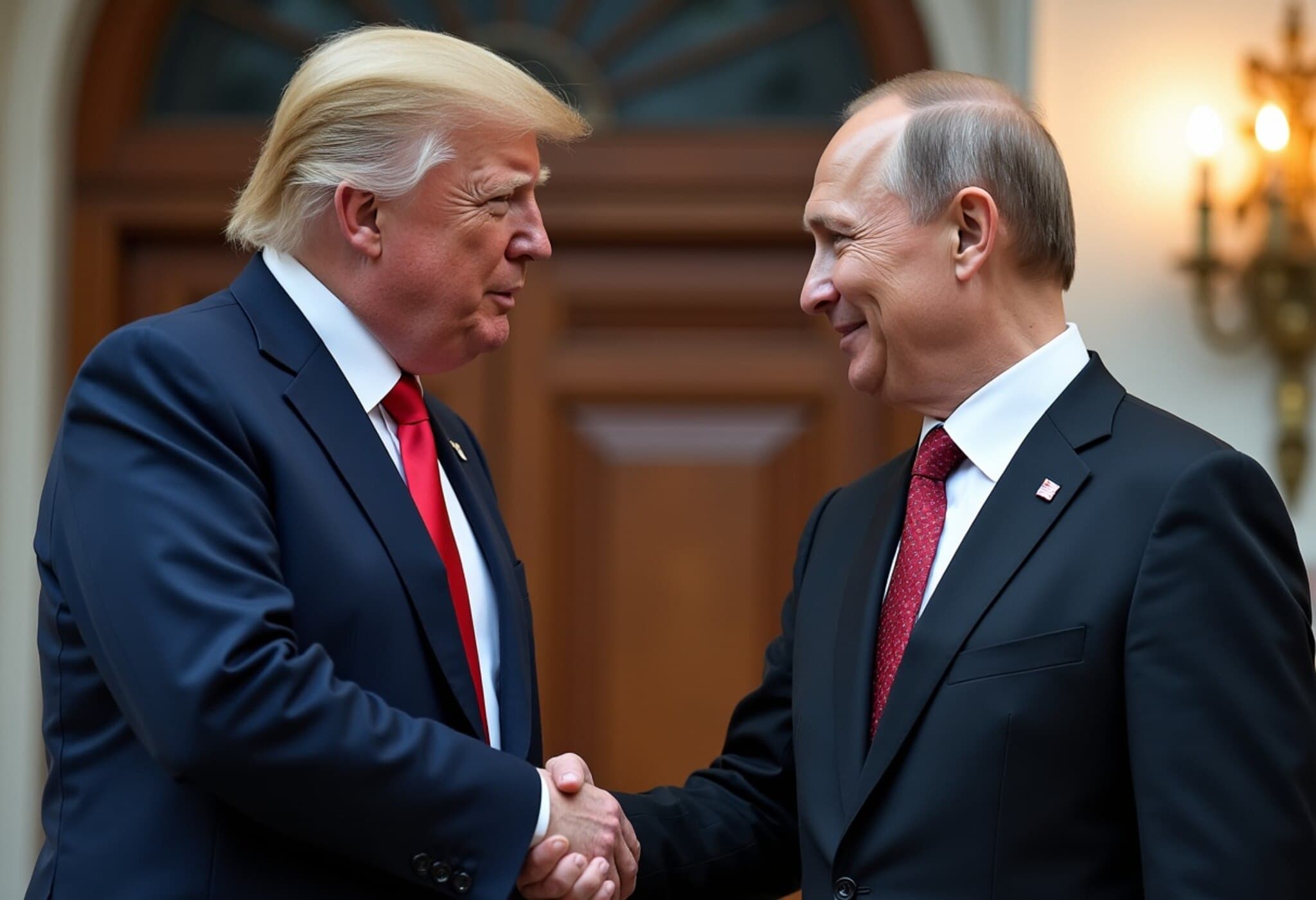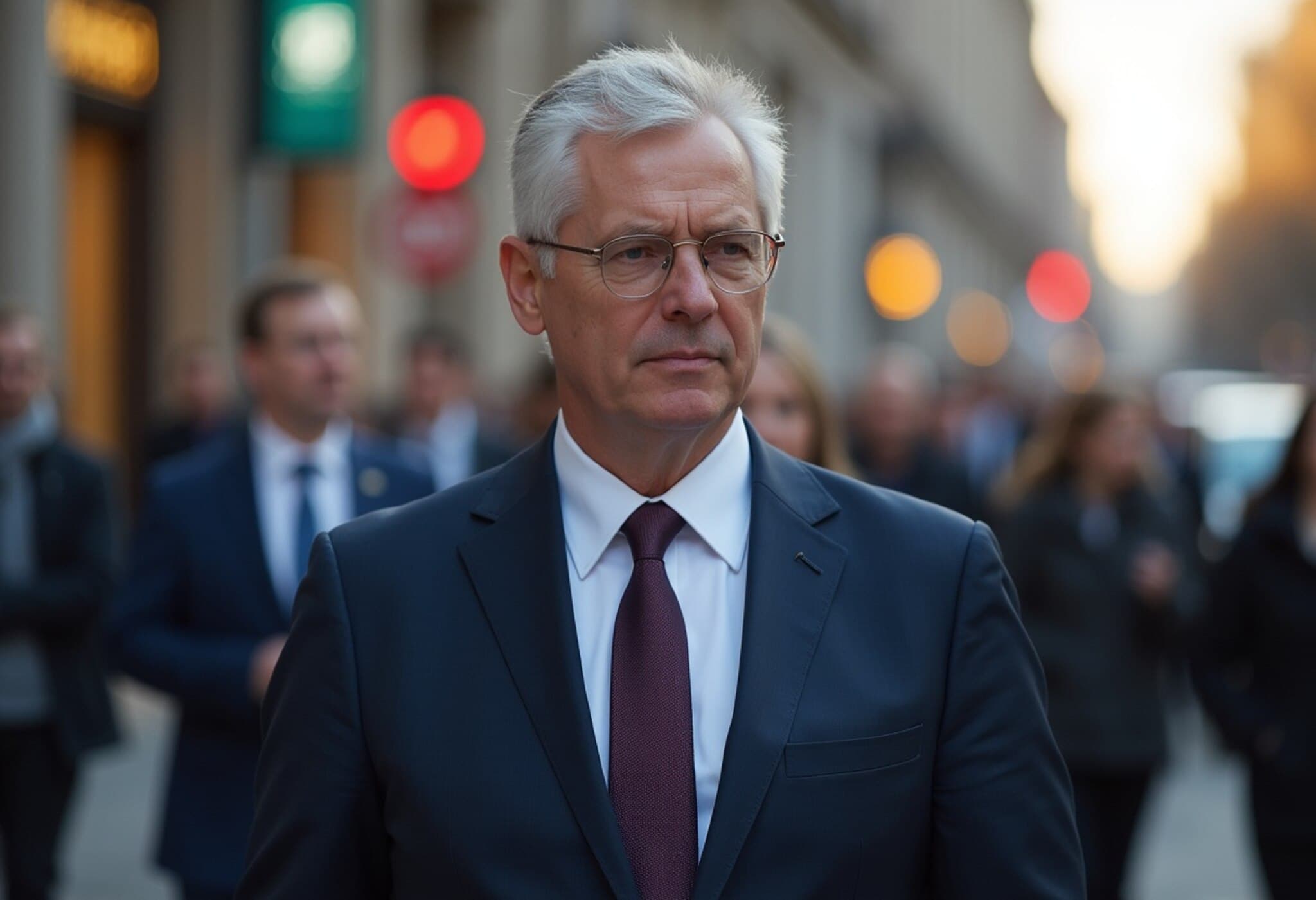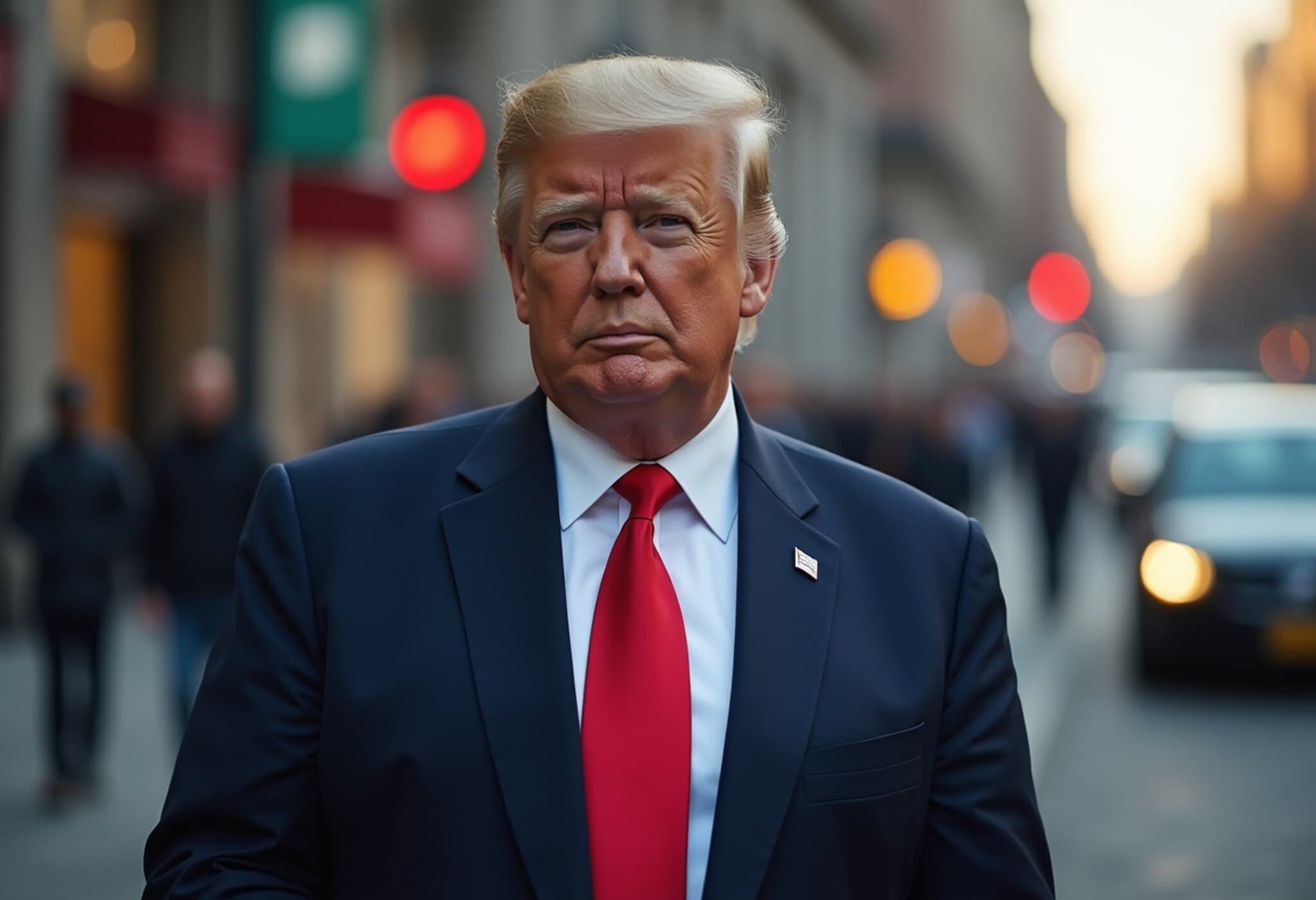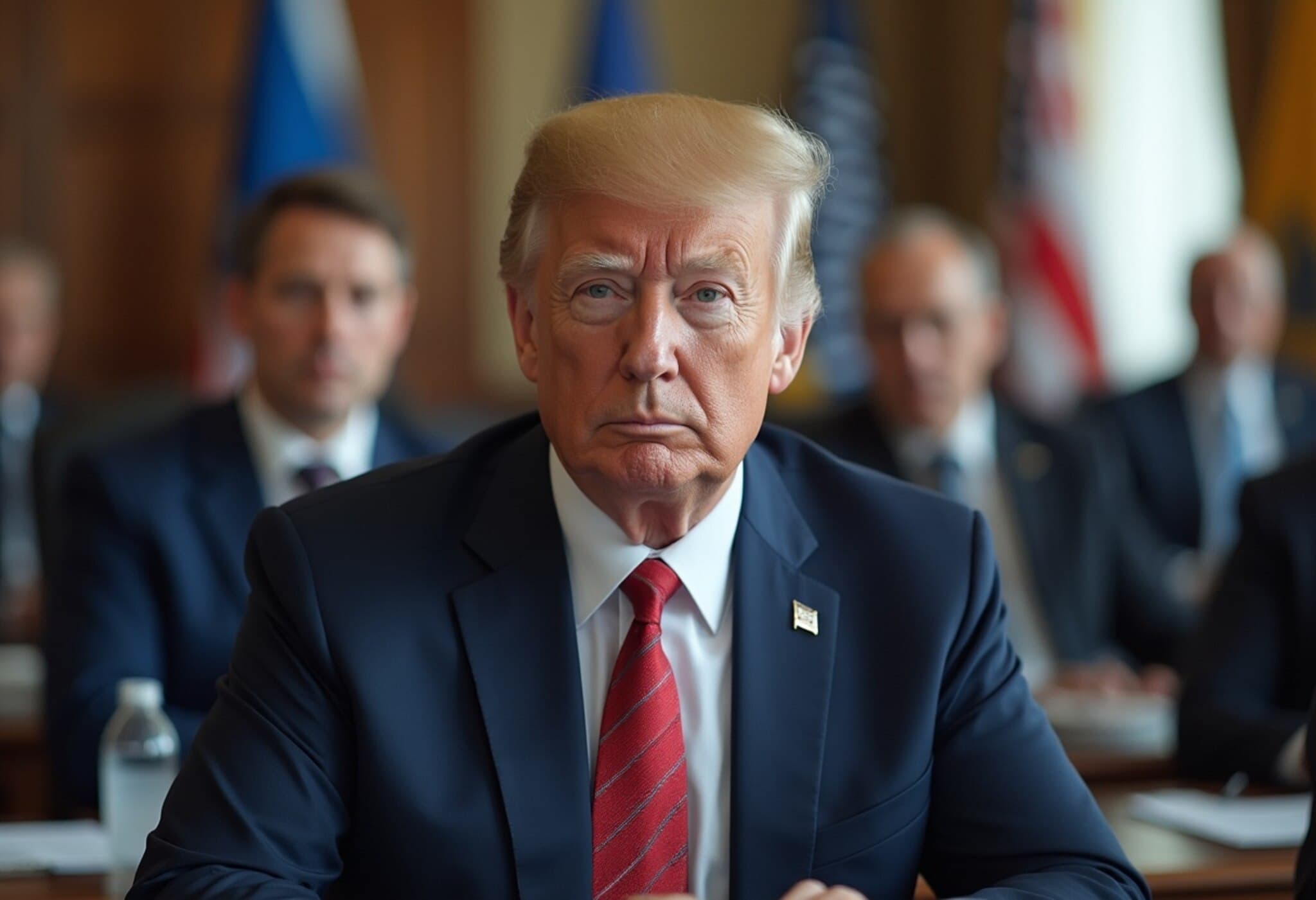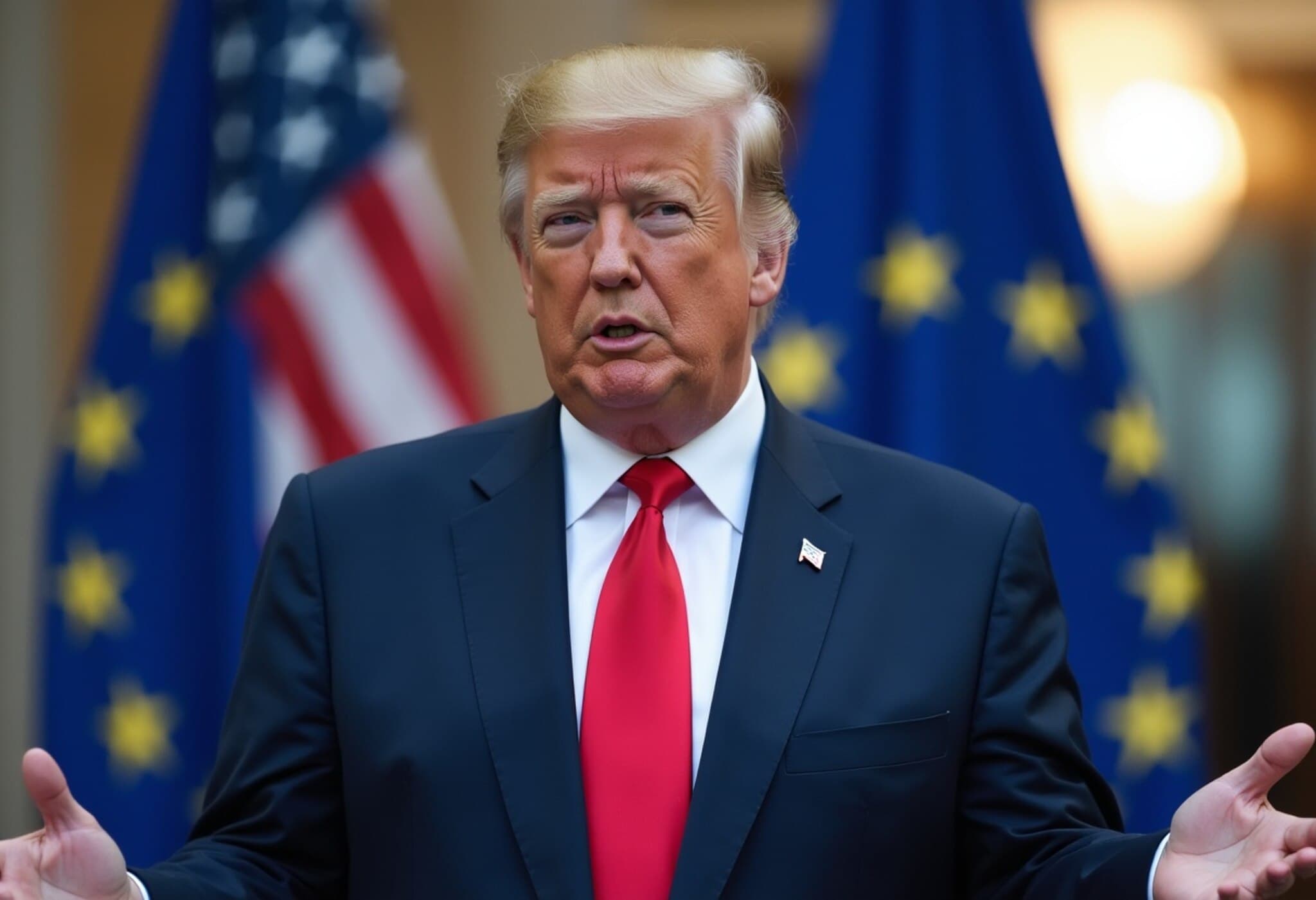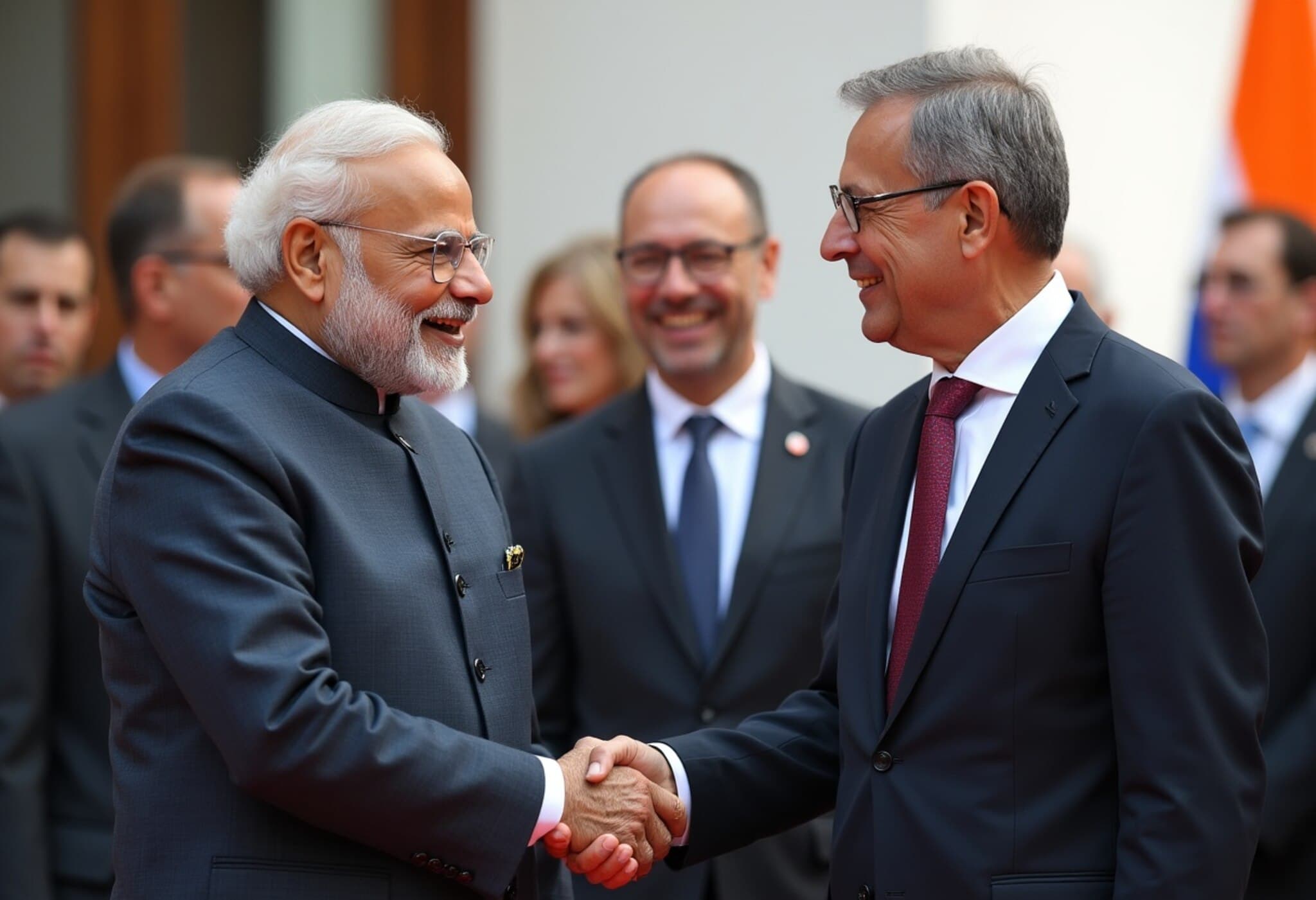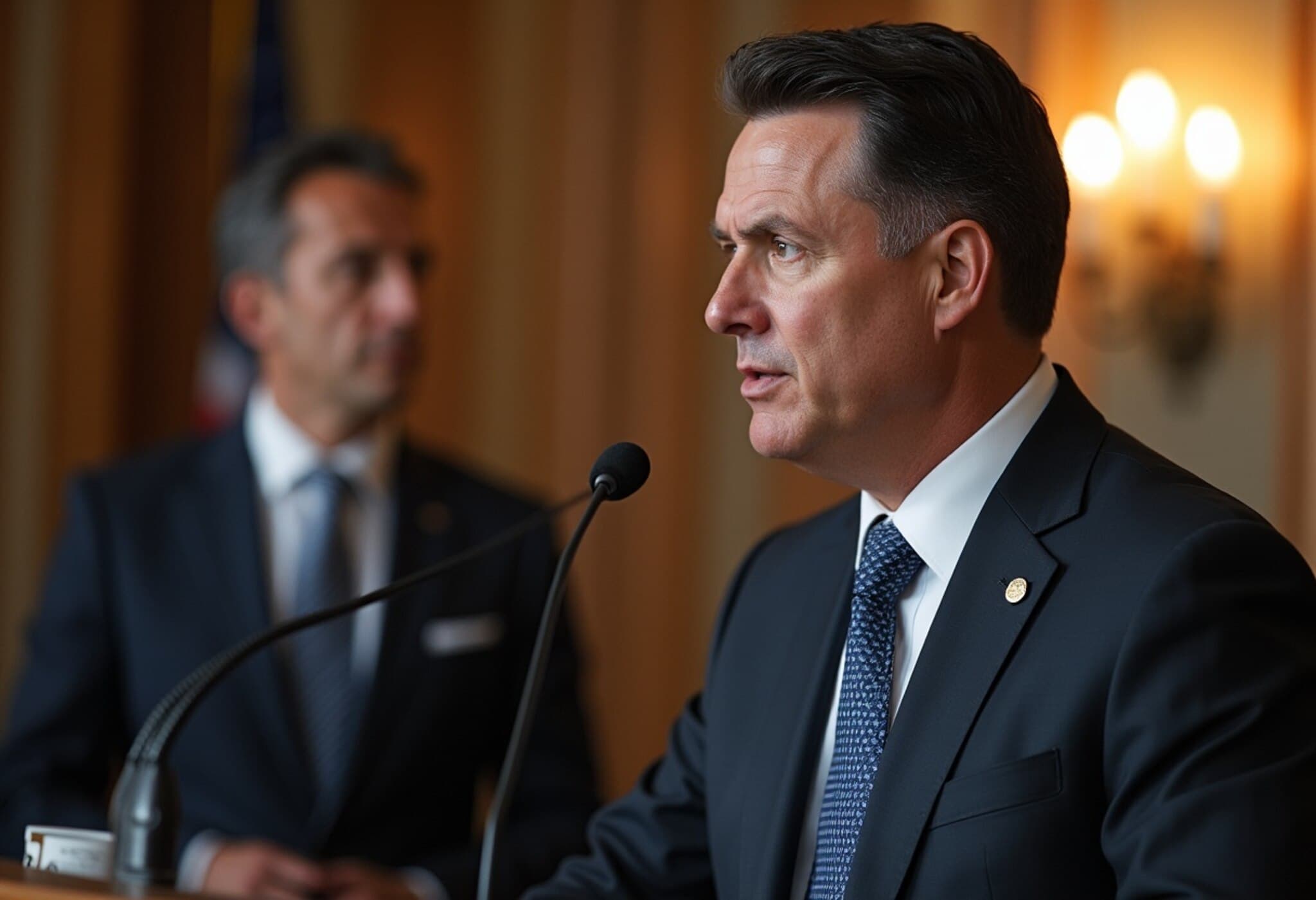Huawei Bribery Scandal Sends Shockwaves Through European Politics
Brussels, July 20, 2025: A growing bribery and corruption investigation involving Chinese tech giant Huawei has unsettled the European political landscape. Authorities have charged eight individuals with corruption and money laundering, triggering intense debates over foreign influence and transparency within the European Union's institutions.
Unpacking the Allegations Against Huawei
At the heart of this scandal are accusations that certain members of the European Parliament (MEPs) and their aides accepted payments and gifts in exchange for advocating on Huawei's behalf. These alleged bribes were aimed at softening European government resistance to Huawei’s participation in critical technology contracts, particularly amid security apprehensions linked to the company's close connections with the Chinese government.
European concerns have centered on fears that Huawei’s technology could be exploited by Chinese intelligence agencies, potentially compromising EU member states’ data security and sovereignty. In response, Huawei allegedly orchestrated efforts to influence lawmakers by rallying supporters and sending letters denouncing what they called "technological racism," appealing for an open and fair approach towards Chinese firms.
Details and Scale of Payments
- Reported payments included an instance of over €45,000 transferred to a lobbyist.
- Around €6,700 was purportedly paid to one MEP, with additional sums reaching tens of thousands of euros for parliamentary aides.
While the amounts may not appear astronomical compared to high-profile international corruption cases, the scandal highlights persistent vulnerabilities within the EU’s political system for foreign lobbying and unethical behavior.
Questions Raised Over Investigation Integrity
Adding complexity to the case, Italian MEP Giusi Princi publicly refuted prosecutors' allegations linking her to a Huawei-hosted dinner, proving she was elsewhere at the time. This misstep has cast shadows on whether Belgian prosecutors possess fully accurate information or if broader EU-level authorities should take over the investigation for greater impartiality and oversight.
Huawei’s Position and Denial
The company has firmly denied all bribery charges, emphasizing their commitment to a “zero-tolerance policy” on corruption and compliance with legal standards. Several politicians who supported Huawei’s cause publicly stated they received no illicit payments, underscoring the contested nature of the allegations.
Broader Geopolitical Context: China-EU Relations Under Strain
This scandal unfolds at a sensitive moment, just as European Commission President Ursula von der Leyen prepares for a diplomatic visit to Beijing. With ongoing concerns about China's robust trade surplus exceeding €300 billion and barriers faced by EU companies seeking market access, the economic friction between the EU and China is palpable.
Moreover, tensions escalate over China’s support for Russia amidst the ongoing war in Ukraine, raising questions about the geopolitical implications of European dependence on Chinese technology and investment.
Von der Leyen’s Firm Warnings
“China is running the largest trade surplus in the history of humankind... it is getting harder and harder for European companies to do business in China,” said von der Leyen. She criticized China’s “unwavering support” for Russia, calling it a destabilizing factor for Europe’s security.
Ethics and Lobbying: A Challenge Beyond Huawei
The Huawei scandal isn’t isolated but part of a wider pattern of ethical lapses involving foreign influence within the European Parliament. Previously, allegations surfaced over payments from Qatar to some MEPs, deepening public distrust in the institution’s capacity for self-regulation.
Groups like Transparency International and Corporate Europe Observatory highlight ongoing weaknesses in the EU's transparency register and anti-corruption frameworks, which critics argue are largely voluntary and insufficiently enforced.
Call for Stronger Reforms
- Transparency International urges the European Parliament to establish more rigorous ethics and integrity rules.
- Calls for binding sanctions and external oversight to replace the current self-policing model.
- Greater scrutiny on MEPs’ outside earnings to prevent conflicts of interest.
Implications for EU Democratic Integrity and Policy
The unfolding saga prompts critical reflection about the EU's ability to safeguard its democratic processes from external manipulation. In addition, it sparks debate over how Europe balances economic engagement with China against geopolitical security and ethical governance.
The case also underlines a more profound challenge: strengthening political institutions to resist covert foreign influence while navigating complex global power dynamics.
Editor’s Note
This Huawei bribery scandal marks a pivotal moment for the European Union, exposing cracks in transparency and anti-corruption systems against a backdrop of rising political tensions with China. It challenges policymakers and citizens alike to rethink how legal frameworks, enforcement mechanisms, and diplomatic strategies must evolve to protect the integrity of European democracy and economic sovereignty. Will this scandal serve as a catalyst for robust reform, or will the EU continue to struggle with enforcing meaningful accountability within its political ranks?

